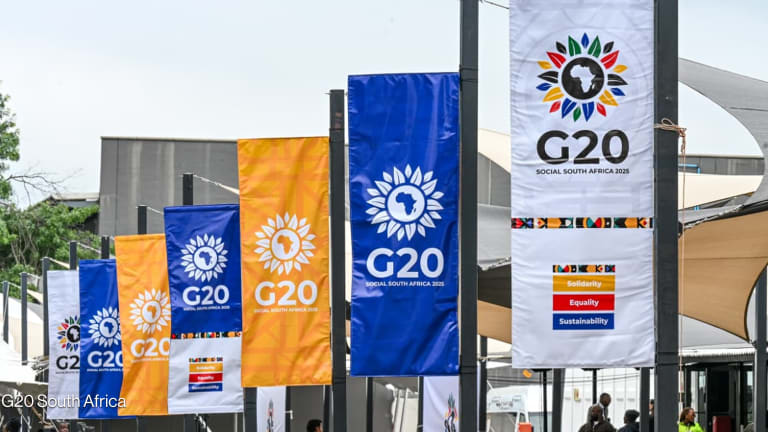
Shortly after the end of World War II and the establishment of the United Nations, world leaders felt the need to create a road map that would guarantee the rights of every individual around the world. The overarching goal was to prevent events like the war from happening again.
This led the first session of the U.N. General Assembly in 1946 to review a draft document, dubbed the Declaration on the Fundamental Human Rights and Freedoms, which they turned over to the Economic and Social Council for consideration as it prepared an international bill of rights. The following year, the council’s Commission on Human Rights authorized its members to prepare a “preliminary draft International Bill of Human Rights.”
The task of preparing this preliminary draft was eventually given to a nine-member drafting committee that was chaired by former U.S. first lady Eleanor Roosevelt. Members of the committee included Charles Malik of Lebanon, Alexadre Bogomolov of the former USSR, Peng-chun Chang of China, Rene Cassin of France, Charles Duke of the United Kingdom, William Hodgson of Australia, Hernan Santa Cruz of Chile and John Humphrey of Canada.
And on Dec. 10, 1948, the U.N. General Assembly adopted what is now known as the Universal Declaration of Human Rights – with 48 votes in favor, eight abstentions and no objections. The date was to be basis of the annual Human Rights Day, the international event which was formally established by the U.N. General Assembly in December 1950.
Each Human Rights Day celebration has a central theme. In 2010, the focus was on human rights defenders who work to end discrimination. Action against discrimination was also the focus of Human Rights Day 2009, while the 2007-2008 celebration revolved around commemorating the 60th anniversary of the adoption of the Universal Declaration on Human Rights.
Other past Human Rights Day themes are fighting poverty as an obligation (2006), global efforts to combat torture (2005), human rights education (2004) and familiarization with the universal human rights declaration (2003).
Human Rights Day 2011 continues 2010’s focus on honoring human rights defenders, with particular focus on social media activists. The Office of the U.N. Commissioner for Human Rights, which leads U.N. celebrations to mark the event, says it also aims to “examine the role of social media as a crucial element in modern political and societal shifts.”
This year’s theme was inspired by the peaceful protest movements that were largely organized by activists through various social media channels, particularly the microblogging site Twitter.
True to theme, U.N. High Commissioner for Human Rights Navi Pillay will take questions from social media users on Dec. 9, at 9.30 am EST while Deputy High Commissioner for Human Rights Kyung-wha Kang will moderate an event in Geneva, Switzerland, about social medial and human rights. These are only two of the various events lined up for Human Rights Day 2011. Governments and organization the world over are expected to mark the day with their own activities.
Search for articles
Most Read
- 1
- 2
- 3
- 4
- 5








